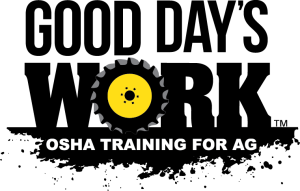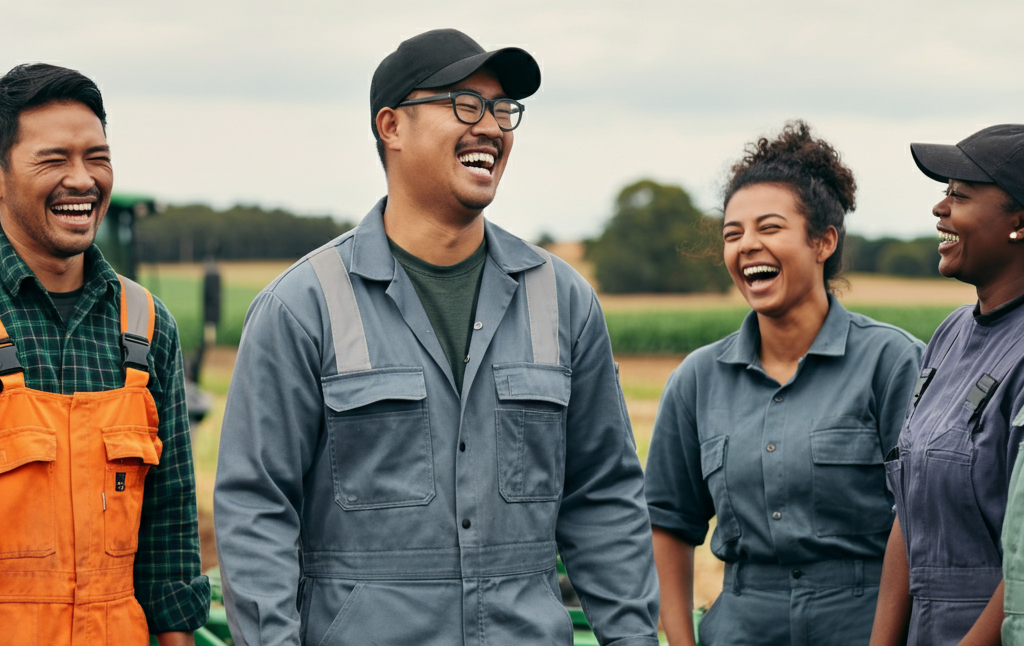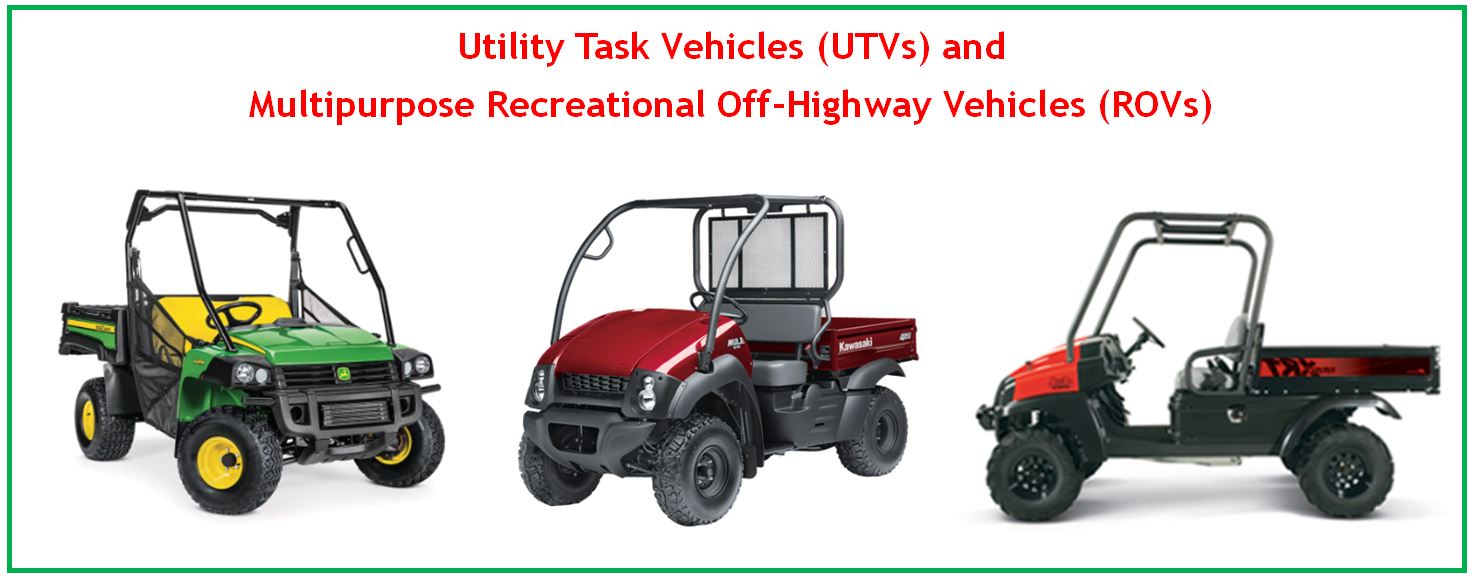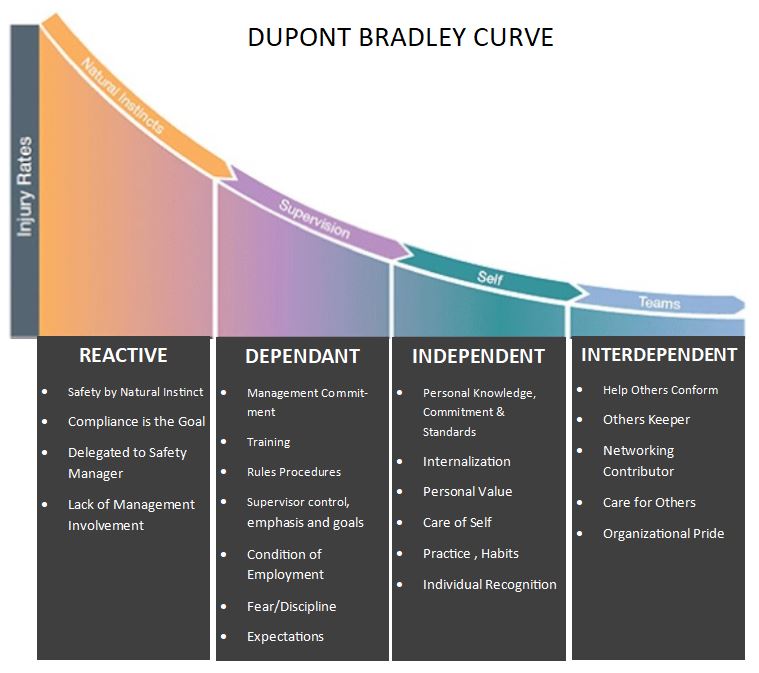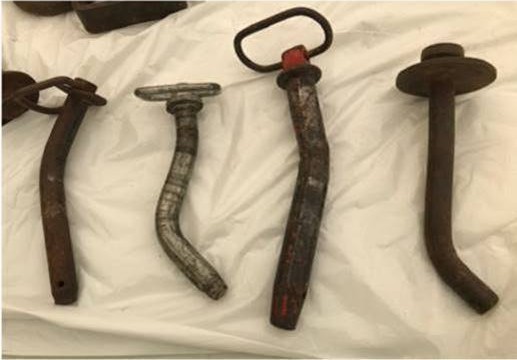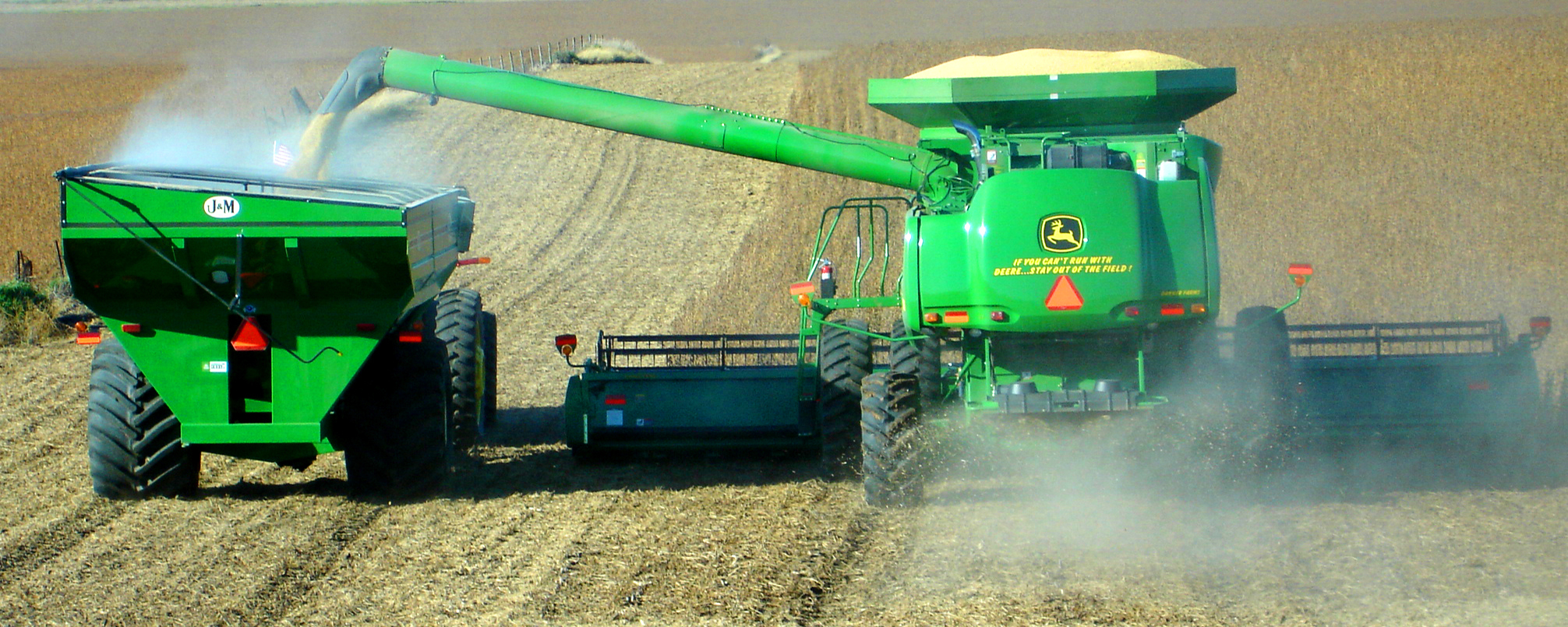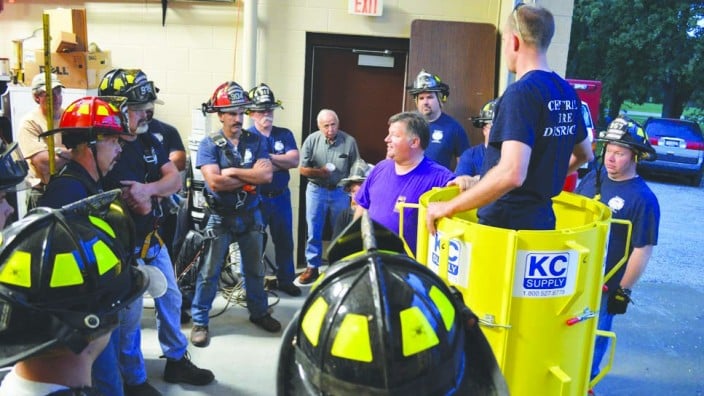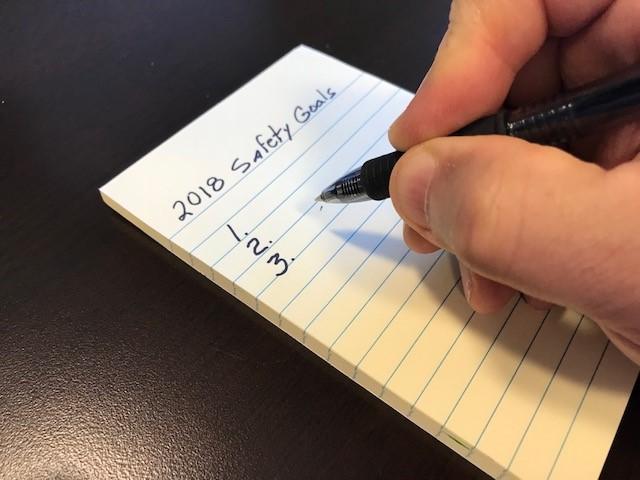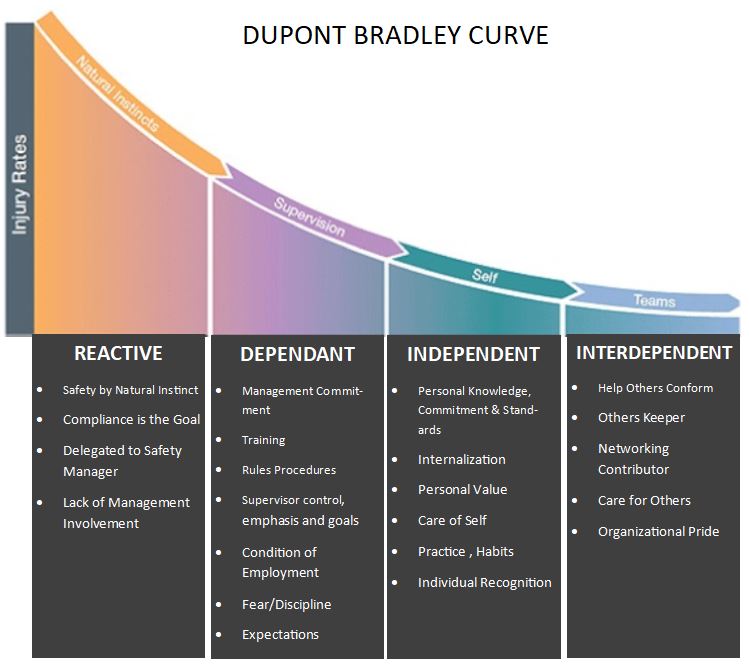When it comes to agriculture, rewarding work often comes with risks. Agriculture is one of the most hazardous industries, and the dangers farmers and agricultural workers face daily are often unseen by the public. According to the U.S. Bureau of Labor Statistics, the fatality rate in agriculture is seven times higher than the average across all private industries. However, many of these risks can be mitigated with proper safety measures, training, and awareness.
Topics: safety culture, heat stress, slips/trips/falls, hazardous waste, rollover (ROPS), ROPS, Grain Bin Entry, Safety Hazards, Common Dangers in Agriculture, Grain Handling, Ladder Safety
Topics: safety culture, Safety, Safety Talk, commitment to safety, Would you watch our for my safety, trusted advisor, hazard recognition, hazards, Distracted
Applying Official COVID Guidelines to Your Workplace [Guide]
As your business ramps up after lockdown, investing in a COVID-19 health and safety policy now can protect your employees and pay dividends for at least the next few months. Following this guide can protect your coworkers and help prevent another lockdown due to an outbreak – it’s mutually beneficial.
Here, we’ll help you translate the CDC and OSHA COVID-19 guidelines into a plan of action that works for your specific situation, whether you’re looking to assess your current policy or create a new one from scratch.
Implementation Tip – Who Writes The Guidelines?
As the supervisor or boss, you are responsible for the safety and health of your employees in the workplace.
- your experience is valuable in creating guidelines that are tailored to your workplace and your needs
AND
- your credibility is necessary to create a policy everyone can agree on and follow.
If you are unable to write the COVID-19 workplace guidelines yourself, make sure that you are heavily involved in the process and involve individuals who are qualified and experienced in health, safety, and human resources.
Topics: safety director, safety culture, safety training program, OSHA law & compliance, air/respiratory, insurance/ risk management, personal protective equipment (PPE)
Utility Task Vehicles (UTVs) are common on many farm operations with many uses, attachments and benefits. They can go by a variety of names such as side by sides (SxSs) and multipurpose recreational off-highway vehicles (ROVs) and I'm sure many more. Many if not all also double as a recreational vehicle with high performance features. That being said, power and speed are key components of agricultural injuries and fatalities.
What should you know when having employees operating UTVs in "non-recreational" farm tasks?
Topics: safety culture, farm, ROV, Operator Responsibility, UTV, Utility Task Vehicle, Recreational Off-Highway Vehicle, Rollover Protective Structures, ROPS
As a safety director, manager, or business owner, do you often feel that it's you against the employees when it comes to safety? Do you want your employees to feel ownership and responsibility for not just their safety, but for everyone else's?
This is where the DuPont Bradley Curve is helpful. It's a tool to help businesses shift their employees from following safety protocol because it's what is required, to a place where everyone from the top down is actively participating in the safety culture of the organization. Obviously, anytime someone is practicing safety is a positive, but it's even better if people are following protocol because they have a genuine desire to keep themselves and their coworkers safe.
Topics: safety culture, OSHA law & compliance, productivity / goals / motivation
There is a lot riding on the correct grade of hitch pin that links the implement to the tractor or truck. In fact, the hitch pin is a critical component in keeping control of implements we pull. More often than not a hitch pin is selected based on its diameter and length. Rarely is strength the top consideration.
According to Fred Whitford, Purdue University, the bent hitch pins pictured below indicates that somebody got lucky! A bent pin is a sign you needed something stronger, so pitch them before they get used during harvest because they're handy. Better yet....pitch them so they never get used again. It may be just fine in the field, however, you open yourself up to much more risk when you take equipment on roadways.
Topics: tractors, safety culture, insurance/ risk management
During busy seasons, farm safety can take a backseat to other business priorities critical to success. However, safety needs to be part of your critical success factor. Just one accident could affect your ag operation personally and financially, especially if it could have been prevented. Plan your pre-harvest training and safety meeting now to set tone for how your agribusiness will operate for the remainder of the year.
Topics: safety culture, farm, slips/trips/falls, personal protective equipment (PPE)
How to scale safety training programs across many locations
When selecting and building a safety training program, it’s largely agreed that a single system is most effective, especially for tracking. While that’s a top priority, we’ve often found 2 other factors that are overlooked when it comes to effective safety training:
Topics: safety director, safety culture, safety training program
How To Use Goal Setting To Move Your 2018 Safety Program Forward
December is upon us and it’s time to look at your safety program for 2018. With everything you’ve accomplished in 2017, what is going to move your program forward for 2018?
When I managed a fast growing company earlier in my career, goal setting made a crucial impact on the success. It forced me to look much further out into the future, envision where the company could go and create how we were going to get there. No matter where you are today with your safety program, moving your program forward is key to lowering workers’ compensation claims, improving employee safety IQ and having active participation in developing safety culture.
Let’s look at 3 steps to consider when putting the 2018 goals and plans together.
Topics: safety culture, safety training program, productivity / goals / motivation
Dupont Bradley Curve - Should I Learn More About Safety Culture?
Why would a big corporation’s safety culture model have any relevance to safety in Agriculture? If you are not familiar with the DuPont Bradley Curve, I strongly suggest learning more about it as it can shape how you think about safety first and its effect on productivity, quality of work, the work environment and profitability. The Bradley Curve shows an evolution of an organization's safety culture. This model allows you to place your organizations' culture along the curve and give insights to the vision of zero injuries.
Topics: safety culture, OSHA law & compliance, productivity / goals / motivation
